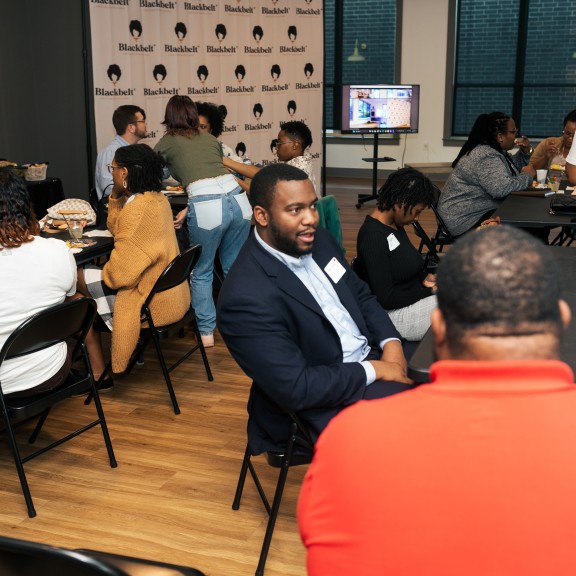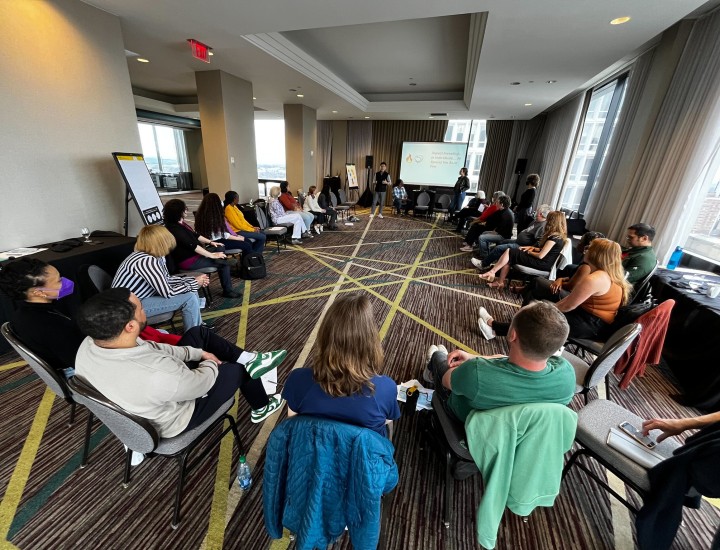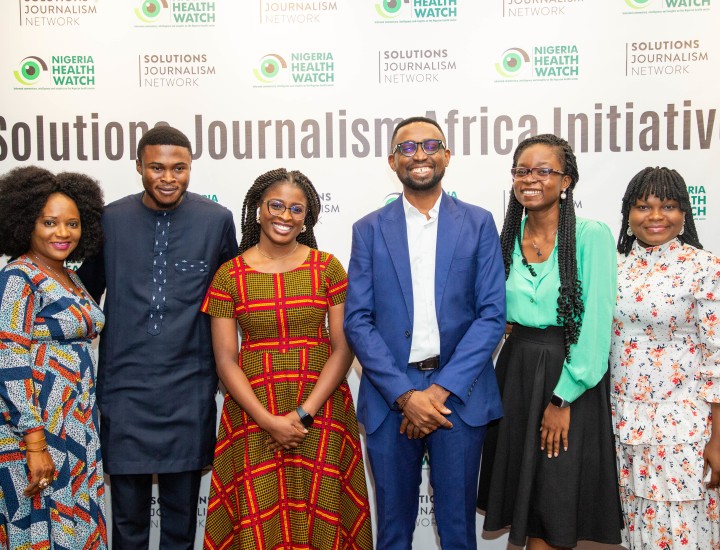Balancing your diet, balancing the news
A solutions story about African food cooking camps that serve those with diabetes received high audience engagement on social media. In Uganda, diabetes is a common health condition that news usually portrays as a challenge. However, the story published on New Vision through a grant from Science Africa presented the disease in an alternative light, providing actionable insights that readers could implement. New Vision published across multimedia platforms, including print, website, Facebook, X and YouTube, to maximize reach and impact. It used text, videos, photos, graphics and audio to attract buy-in from different audiences. The strategy generated over 15,000 impressions on X, and the story was shared by the Allied Nutritionists’ Association, the Uganda Consumers Protection Association and Uganda Diabetes Association. Daniel Otunge of Science Africa says that when a different New Vision story was published, criticized for misrepresenting the biomedical causes of diabetes, “the food camp story was reposted on X and other platforms to provide a balanced perspective and highlight positive, solution-oriented interventions.” He added, “Their sharing and resharing amplified the reach of the story and the associated relevant community-based responses to the diabetes problem.”


